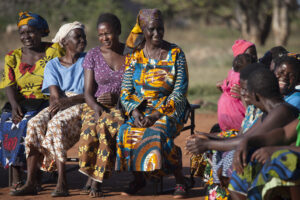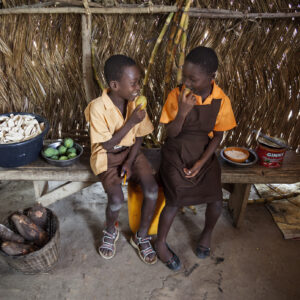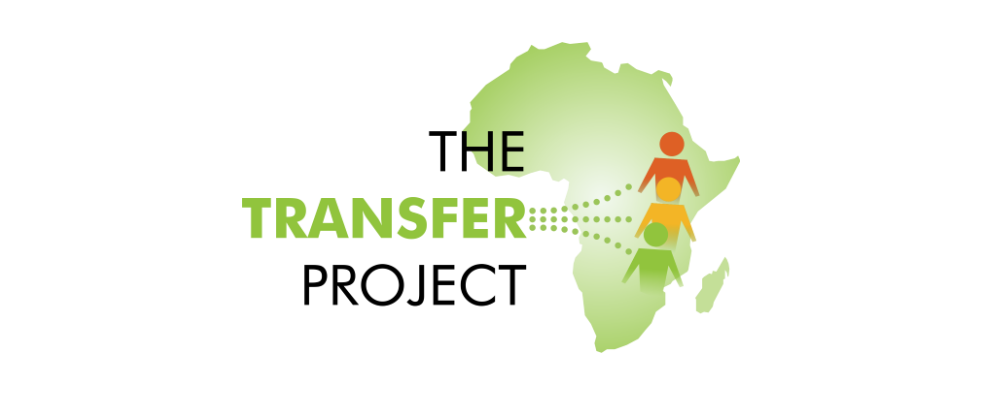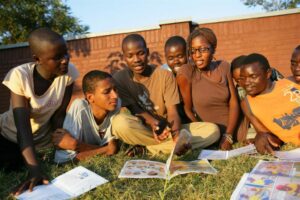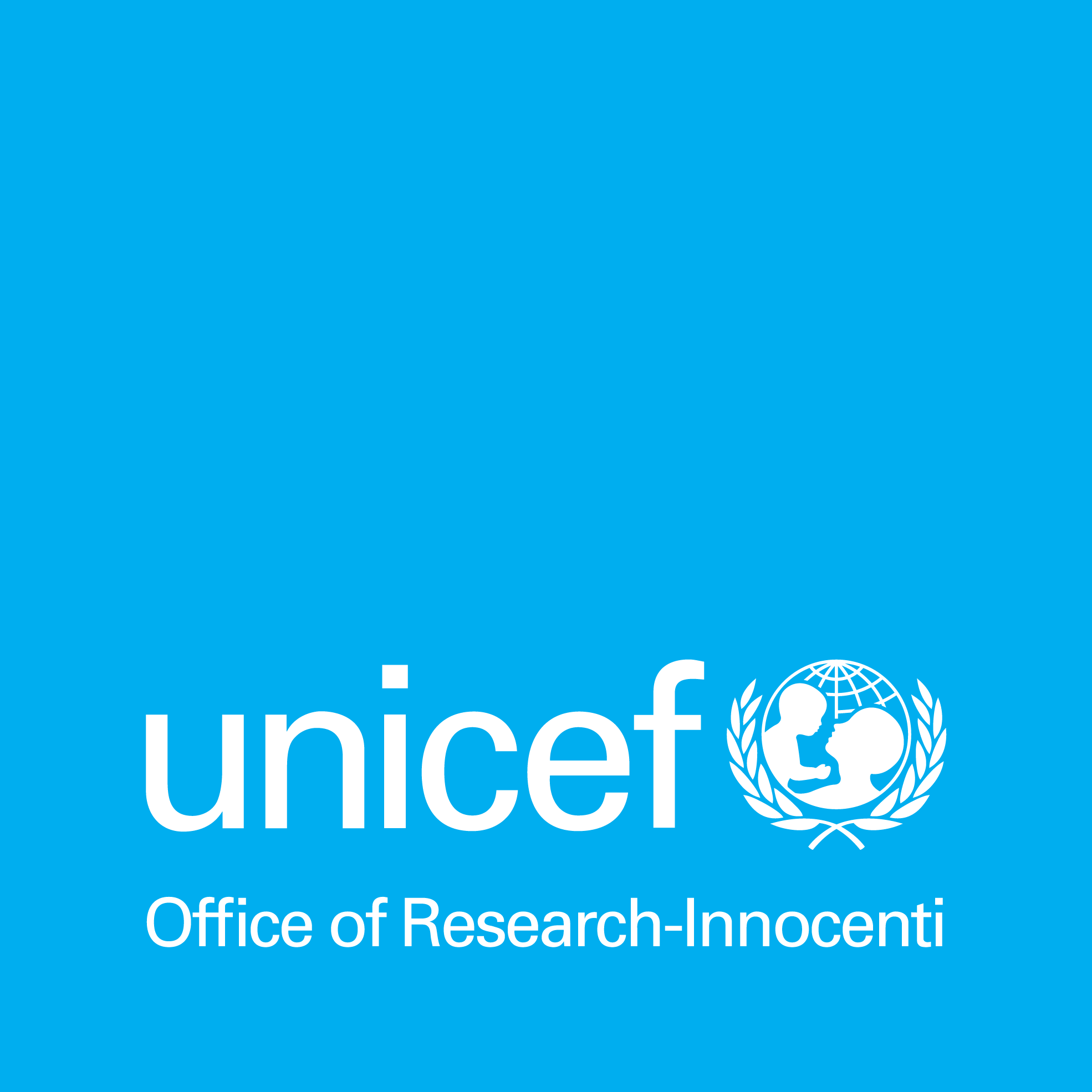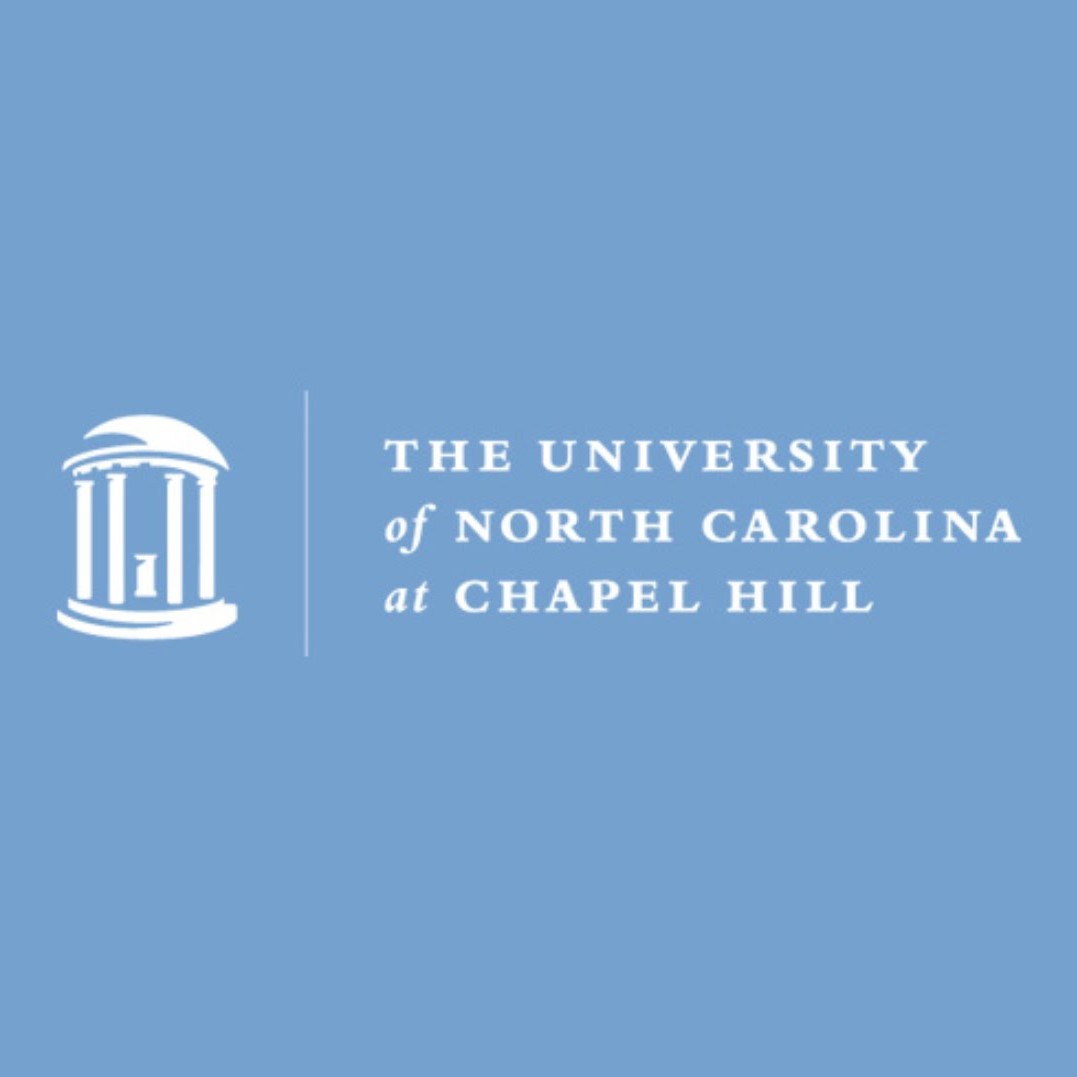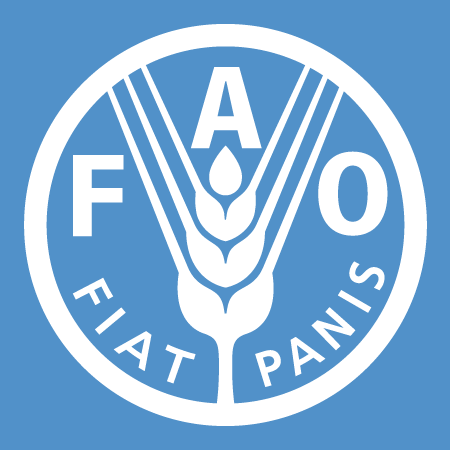About
The Transfer Project is a multi-country cash transfer research initiative.
Established in 2008, the project is a collaborative network between UNICEF, FAO, University of North Carolina, national governments, and local research partners.
The Transfer Project is a thought leader on cash transfers in Africa.
We go beyond measuring typical economic outcomes to find out if and how cash transfers impact other aspects of people’s lives.
Our Goals
Use this evidence to inform the development of cash transfer & social protection policies & programmes via dialogue & learning.
